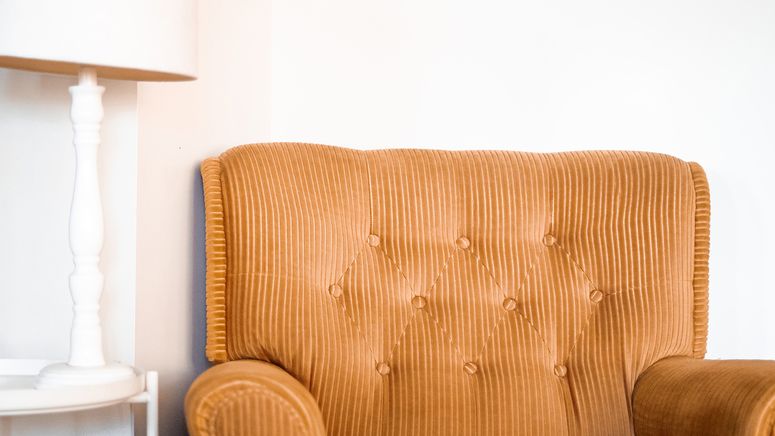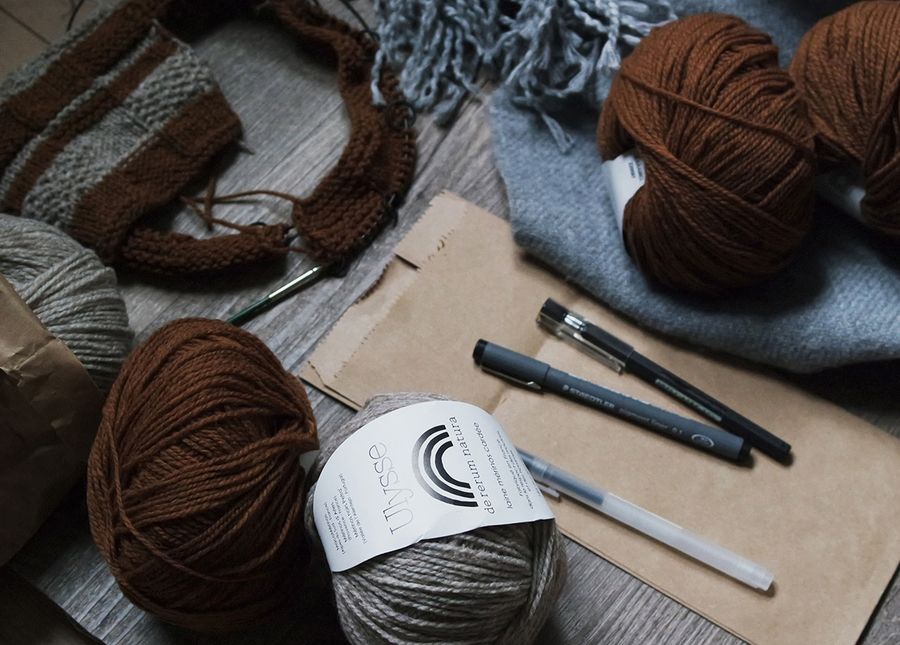For couples considering aged care, be assured that there are options available to ensure you are not parted. Separation is a real fear for many couples, who worry that they will be split up once they move into residential care, and this can prevent people from moving into facilities when they need them.
Here are some tips for how to stay together as a couple when you move into residential care.
Research your options
Consider your needs. Some couples will want to be close to each other at all times, whereas others won't mind the space. Think about what works best for you as a couple. Do you want to sleep together in a couple room? Or do you want to sleep in separate rooms, but be able to easily interact during the day in shared spaces (like a common room)? Some couples opt for this as it allows them to sleep more restfully.
On the other hand, some people don't sleep well without their partner. Staying together has its benefits, as not only will you have familiarity in your new environment, but being able to socialise and have company can keep you well.
Find out the cost
Daily costs of care are usually applied separately to the individual, so even if you're in a couple room, you'll both need to pay the home's daily fees. The good news is that means testing is also done individually, considering what that person needs and is able to afford, so each of you will receive a single pension rather than having to share the same one.
Touring the facilities
Couple rooms differ depending on the aged care home, so have a look to see what they comprise of. You'll usually be given a bed each in the same room, and you may be separated by a curtain. This arrangement can suit some people, but if it doesn't, ask about the possibility of a shared bed (such as the two single beds being pushed together).
While it can be difficult to think about, it's also worth asking what happens to the couple room if one of you passes away, will the other person have to vacate it also and go to a single room, or will a new person come in (and if so, will you be comfortable being in such close quarters with them)? Ask about the costs involved with these changes as well so that you can have more of a think about what you'd like to do should this situation arise.
Also ask about privacy, how much will you have? Are there 'do not disturb' options, is surveillance used in the rooms? How much interaction will you have with staff? Finding out how a home approaches the privacy of couples can be an important factor to consider in making your decision.
Planning ahead
It's no secret that the waiting list for residential facilities, especially for specific needs such as couple rooms, can be long. With places in high demand, finding two spots available at the same time can take a while. That's why putting your names down on the waiting list now is a good idea, check with the facility you're interested in to see if this is recommended, and if it is, don't delay.




